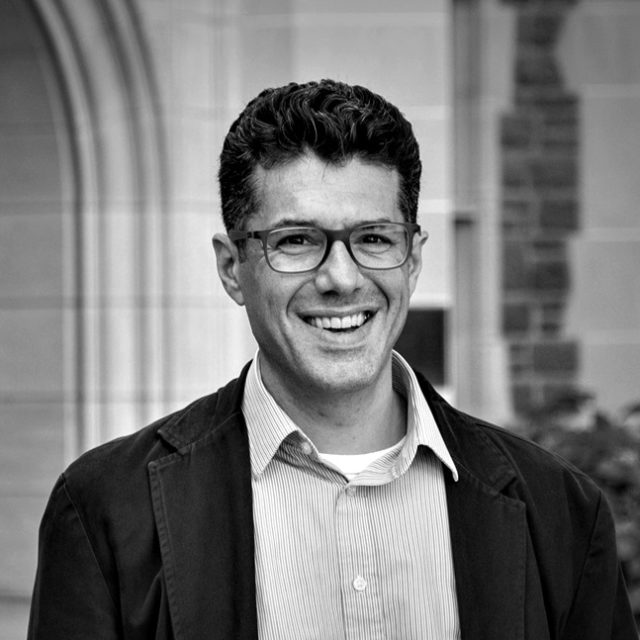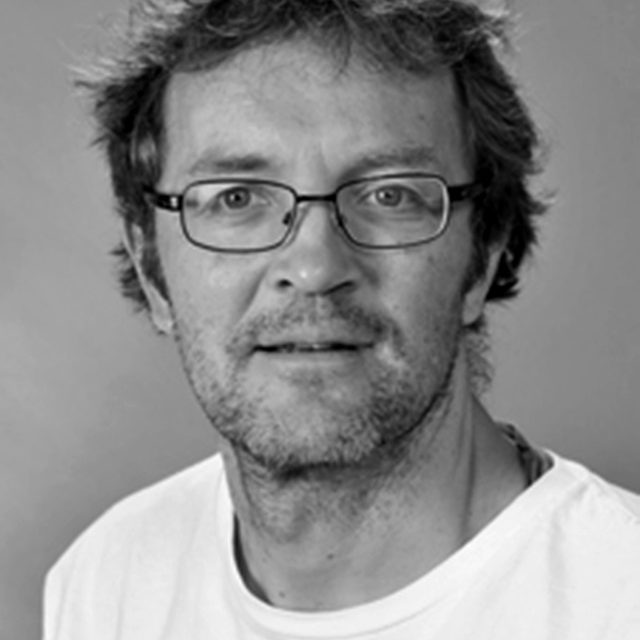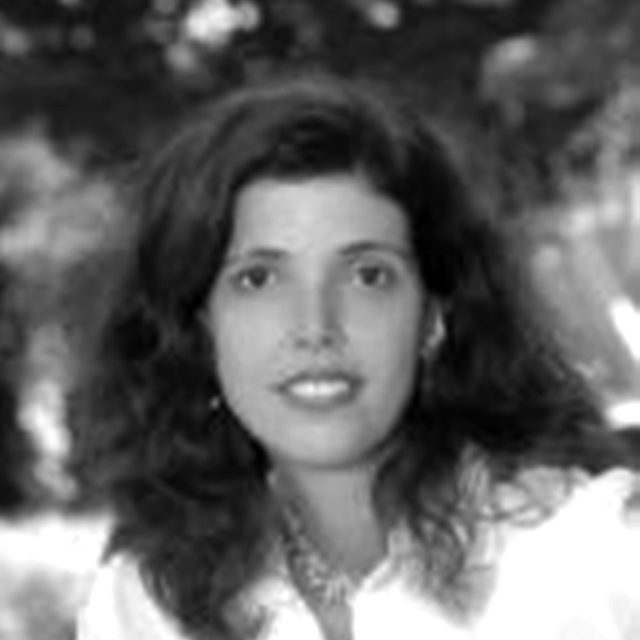Jeffrey M. Zacks
Event Representations in Language, Perception, and Memory
Conferencista
-
Jeffrey M. Zacks

Jeffrey M. Zacks
Professor and Associate Chair of Psychological & Brain Sciences at Washington University, studying perception, memory, and action using converging cognitive neuroscience methods across the lifespan. Recipient of awards from the NSF, Psychonomic Society, APA, APF, and a fellow of AAAS, APS, APA, the Midwest Psychological Association, and the Society of Experimental Psychologists. Published three books, two edited volumes, 100 journal articles and articles for Salon, Aeon, and The New York Times.
Debatedores
-
Alistair Knott

Alistair Knott
Knott’s background is in Cognitive Science and Artificial Intelligence. He studied Psychology and Philosophy at Oxford University, and then did an MSc and PhD in Artificial Intelligence at the University of Edinburgh, and a postdoc at Edinburgh in Computational Linguistics. He’s been at Otago since 1998.
-
Gerry Altmann
-
Anna Papafragou
Resumo →
Jeffrey M. Zacks
Event Representations in Language, Perception, and Memory
Human language carves up continuous experience into discrete events. Converging evidence from psychology and neuroscience suggests that the structure of events in language reflects the cognitive representation of events in perception and memory. In this talk, I will advance an account of how events are represented in the mind and brain, and discuss how this model has been inspired by linguistic phenomena, and how it may in turn have some implications for the linguistic representation of events. The model starts from the observation that everyday human activity includes recurring segments of predictable sequential structure. It proposes that in order to capitalize on this structure to guide action, the brain forms stable representations of current events, called event models. What governs how event models are updated? One possibility is that the brain uses prediction error as an endogenous cue to update event representations. These principles have accumulated support from studies of event language, perceptual judgments about events, and neuroimaging studies of event processing and event representations. Language-independent features of event comprehension that have emerged from these lines of research may help us to understand how talk about events patterns across languages.


